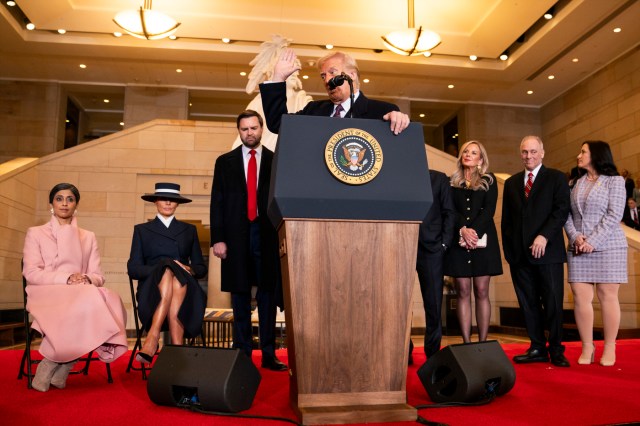Climate Accord Shocker: Trump Pulls U.S. Out of Paris Agreement in Landmark Decision

In a decisive move that sent ripples through the global environmental community, President Trump formally initiated the United States' withdrawal from the landmark Paris Climate Agreement on Monday evening. The newly-inaugurated president signed the executive order, marking a significant shift in the nation's approach to climate change and international environmental cooperation.
The withdrawal process, which was first announced during Trump's campaign and confirmed in June 2017, represents a stark departure from the previous administration's commitment to global climate action. By signing this order, the president signaled his administration's intention to prioritize domestic economic interests over international climate commitments.
The Paris Climate Agreement, adopted in 2015 by nearly 200 countries, aimed to limit global temperature rise and reduce greenhouse gas emissions. The United States' withdrawal represents a major setback for global efforts to combat climate change and has been met with widespread criticism from environmental advocates, international leaders, and climate scientists.
This momentous decision underscores the complex intersection of environmental policy, international diplomacy, and domestic political priorities that continue to shape the global response to climate change.
